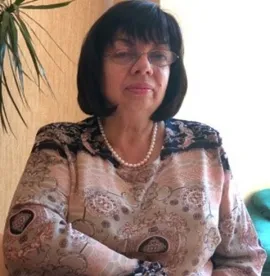Since the dawn of the first Industrial Revolution, the hierarchies within individual firms serve to organize economic activity and direct productive and entrepreneurial efforts within societies, complementing the invisible hand of the market exchange. With the global economy currently undergoing a profound transformation in the fourth Industrial Revolution, the traditional technological and social characteristics of firms are rapidly evolving, incorporating new elements of the knowledge economy, digitization, distributed/virtual workplace, and network organization. In this study, we summarize the key characteristics and success factors of an emerging hybrid firm form, providing evidence-based managerial advice about navigating these changes and preparing organizations to thrive in the new global economic order.







